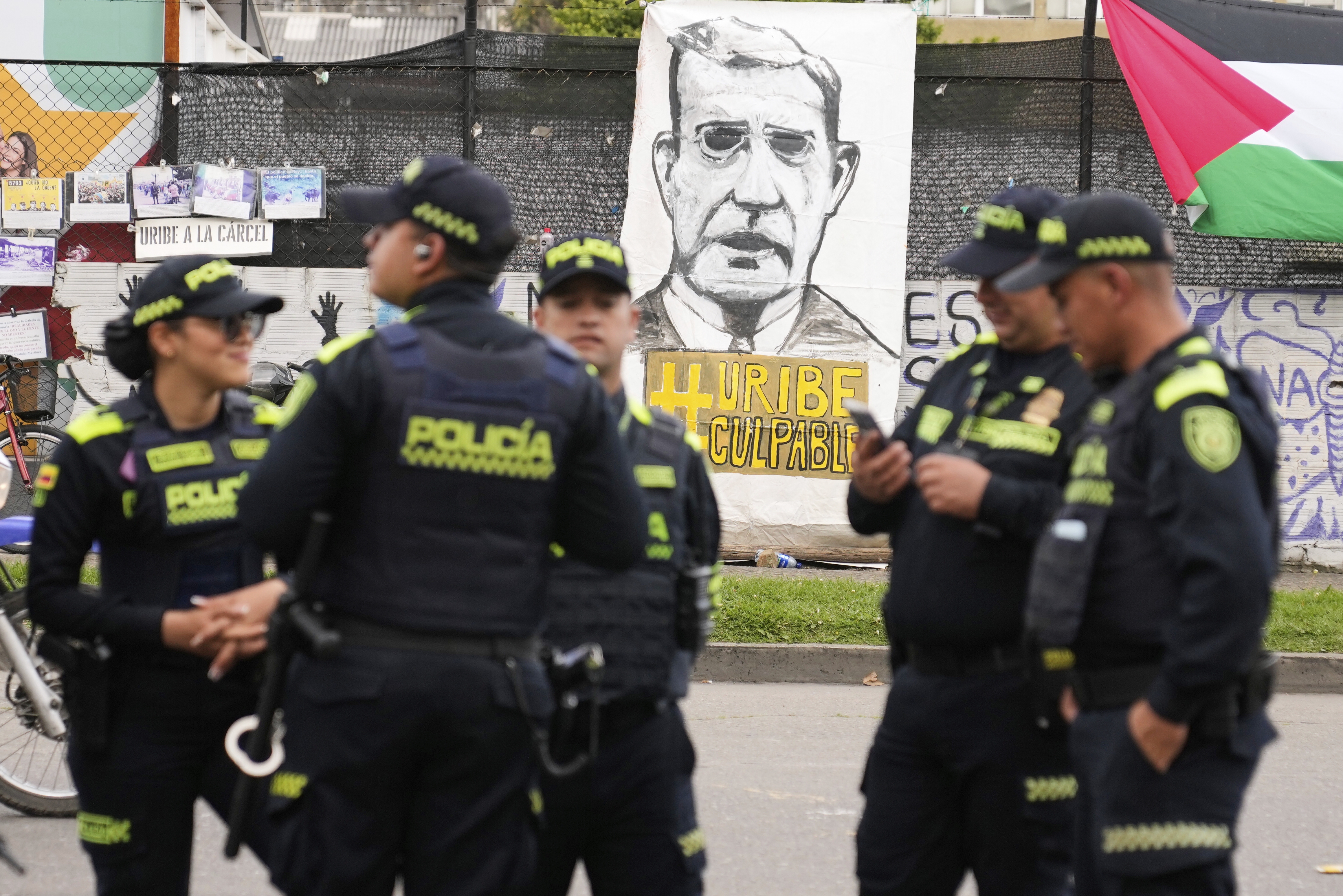The political landscape in Colombia has been abruptly shaken by the killing of Senator Uribe, a figure whose influence reached far beyond his role in the legislative chamber. His death has set off a wave of political uncertainty and speculation about how this tragic event could alter the trajectory of the nation’s upcoming presidential election. While Colombia has endured political violence throughout its modern history, the assassination of such a high-profile lawmaker comes at a particularly volatile moment, with the country already deeply divided over issues of security, the economy, and the peace process with armed groups.
Senator Uribe, a seasoned politician with a loyal base, had built his career around strong positions on national security, anti-corruption measures, and rural development. Over the years, he became both a political rallying point for supporters who saw him as a defender of law and order, and a target for critics who accused him of being too hardline in certain policy areas. His political standing meant that his endorsement or opposition could sway significant voter blocs, making his voice particularly influential in the heated lead-up to the presidential race.
The killing has ignited a new wave of political discourse, with parties across the spectrum seeking to frame the event to their advantage. For some candidates, Uribe’s death serves as a stark reminder of Colombia’s enduring struggles with violence, prompting calls for more aggressive crackdowns on organized crime and insurgent groups. Others are using the moment to stress the need for unity, dialogue, and strengthening democratic institutions to prevent further instability.
Public response has been rapid and filled with emotion. Gatherings and protests have occurred in large urban areas, with people showing sorrow, outrage, and concern over the consequences of the assassination. In the countryside—where Uribe had garnered significant backing because of his support for agricultural advancements—the feeling of loss has been notably intense. For numerous Colombians, this murder has triggered distressing recollections of earlier years when political murders and targeted attacks often unsettled the government and hindered reform initiatives.
Political experts caution that the murder might alter voter priorities in unforeseen ways. Concerns about safety, which were already significant for many, are now expected to overshadow the national dialogue. This situation could favor candidates who present themselves as being firm on crime and military disputes. Nonetheless, it might also heighten distrust in governmental bodies if the inquiry into the death is viewed as delayed, insufficient, or subject to political manipulation. Within Colombia’s divided setting, these perspectives might cause more voter apathy or even lead to civil disturbance.
International analysts are paying close attention, since the results of Colombia’s election could affect regional stability and international relations within Latin America. The United States, European Union, and nearby nations have denounced the murder and demanded a clear investigation. Colombia’s position as a strategic ally in the fight against drug trafficking and as an important participant in regional trade agreements suggests that any political unrest in the country might have repercussions beyond its boundaries.
Under the surface, election tactics are swiftly being adjusted. Politicians who once relied on Uribe’s backing or sway must now navigate winning over his followers without seeming to take advantage. For alternative candidates, the gap left by his departure provides a chance to redirect political discussions to highlight their favored topics, be it economic changes, social initiatives, or environmental concerns.
The inquiry regarding the murder remains in its initial phase, though officials have proposed several potential reasons, including retaliation by organized crime and political vengeance. Colombia’s extensive background of overlapping political, criminal, and paramilitary influences complicates the discovery of the truth, turning it into a potentially disputable endeavor. Every new piece of information can influence public sentiment and shift electoral dynamics in the upcoming weeks and months.
For citizens casting their votes, the murder acts as a pivotal moment politically and personally. Numerous individuals are considering the wider effects of political violence in their nation—how it influences governance, impacts public trust, and affects daily life. Even though political discourse might escalate during the upcoming campaign period, there is also an increasing number of people advocating for changes focused on safeguarding public figures, reinforcing the judicial system, and tackling the fundamental reasons for violence.
In the longer term, historians may look back on Senator Uribe’s killing as a decisive moment in Colombia’s political evolution, marking either a step toward greater democratic resilience or a deepening of polarization and instability. The direction the country takes will depend on how political leaders, institutions, and citizens respond—not just in the days following the tragedy, but in the policies and attitudes that take shape after the election.
As the presidential election approaches in Colombia, the void left by one of its most impactful political leaders will be profoundly noticeable. It is uncertain whether his passing will inspire the electorate to pursue peace and unity more vigorously or push the country deeper into political division. What is definite is that the assassination of Senator Uribe has permanently changed the electoral landscape, guaranteeing that this election will be noted not just for its results but also for the overshadowing sorrow during its proceedings.

